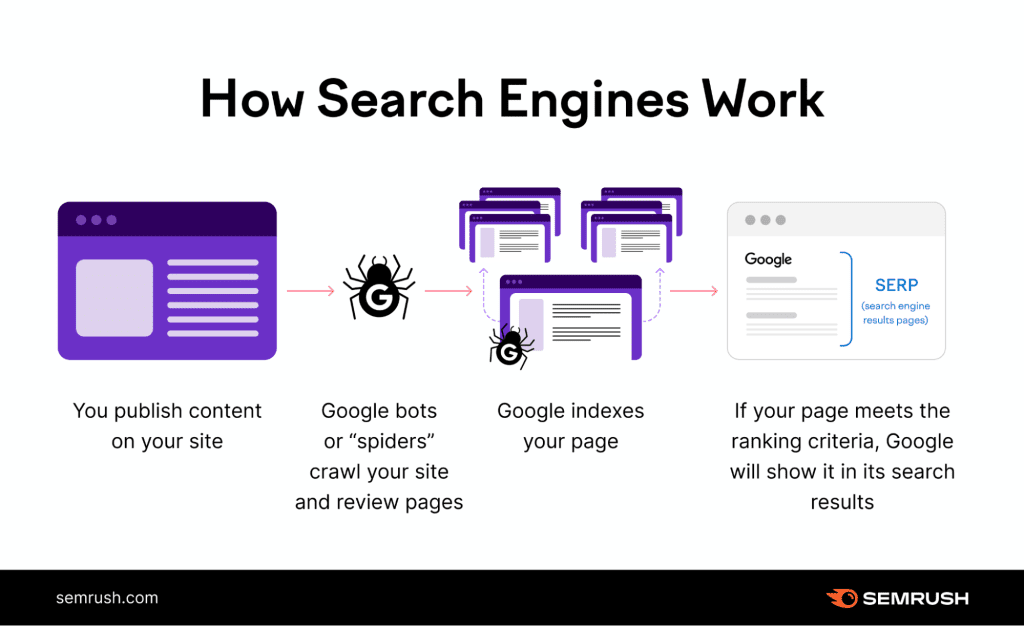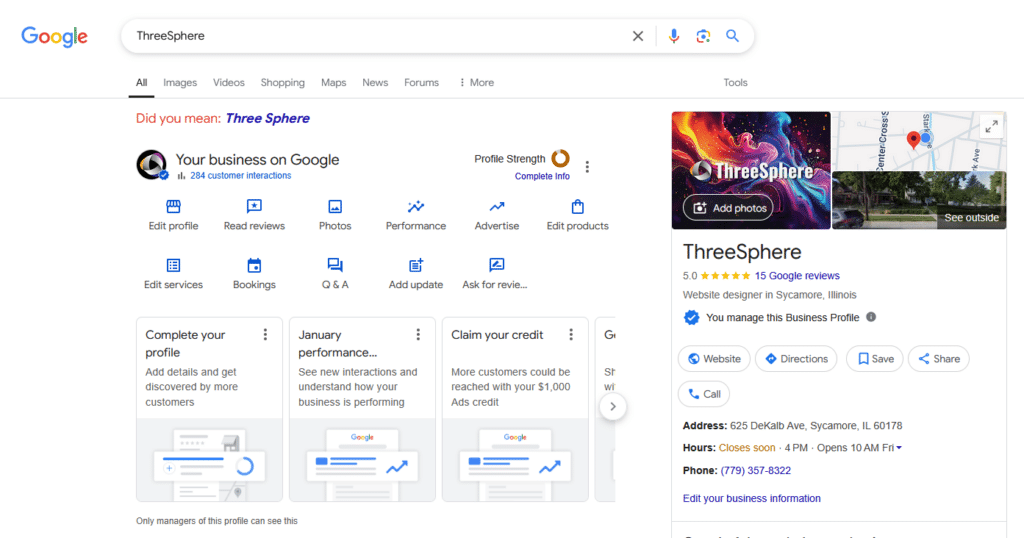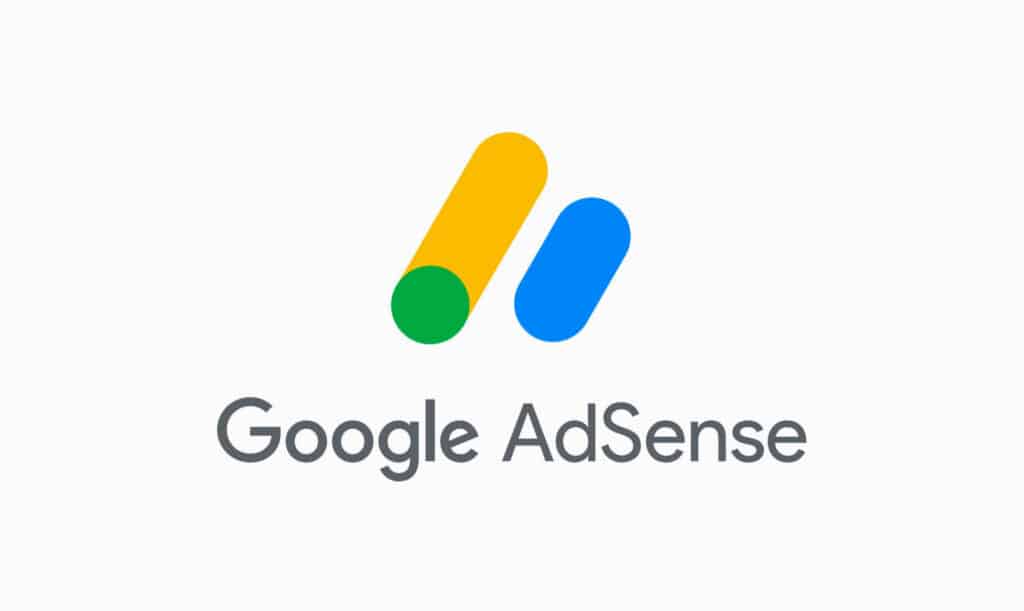How to Get Indexed ? Search engines like Google have become integral to our digital lives, helping us navigate the vast ocean of online information. However, understanding how these powerful tools work and how to get your website noticed by them is key to maximizing your online presence. This article will dive into the mechanics of search engines, how Google’s indexing system operates, and provide you with actionable steps to get your website indexed.
Understanding Search Engines and How to Get Indexed

At a fundamental level, search engines operate in three stages: crawling, indexing, and ranking.
- Crawling: This is the discovery phase, where search engines send out ‘spiders’ or ‘bots’ to find new and updated content on the web. This could be a webpage, an image, a video, or a PDF, basically any form of content. These bots start by fetching a few web pages and then follow the links on those pages to find new URLs. Through this process, they discover new content and add it to their list of known pages.
- Indexing: Once a webpage has been crawled, it’s ready to be indexed. In this phase, the search engine processes the information it gathered during the crawling stage. It analyzes the content, images, videos on the page, and tries to understand what the page is about. The page is then stored in a massive database, from where it can be retrieved when relevant to a search query.
- Ranking: When a user performs a search, the search engine combs through its vast index to provide the most relevant results. It uses a sophisticated algorithm that takes into account hundreds of factors (like keywords, site usability, page speed, etc.) to determine the order or ranking of pages in the search results.
Decoding Googles Indexing Process
Google’s indexing process is a complex system designed to find and store information efficiently, ensuring that users get the most relevant results when they perform a search. The goal of getting indexed is to appear in the search results when someone queries a keyword related to your site.
Google’s indexing process starts with crawling. Googlebot, Google’s web crawler, starts with a list of web page URLs generated from previous crawls and then augments it with sitemap data provided by webmasters. As Googlebot visits each of these websites, it detects links on each page and adds them to its list of pages to crawl.
New sites, changes to existing sites, and dead links are noted and used to update the Google index. Google doesn’t accept payment to crawl a site more frequently, and it keeps the search side of its business separate from its revenue-generating Ad services.
Getting Your Website Indexed by Google
- Create a Sitemap: A sitemap is a file where you provide information about the pages, videos, and other files on your site, and the relationships between them. You can use XML Sitemaps to tell Google about updates on your site.
- Use Robots.txt: This is a file that tells search engines where they can or can’t go on your website. By structuring this file correctly, you can guide Google’s bots effectively.
- Submit your site to Google: You can directly submit your site for indexing to Google through Google’s Search Console. This tool also allows you to check if any pages are having trouble getting indexed.
- Quality Content: Ensure that your site has high-quality, original content. Google’s algorithms prioritize content that is relevant, trustworthy, and valuable to users.
- Use Internal Links: Including a good network of internal links in your website not only improves user experience but also makes it easier for Google’s bots to index your site.
- Mobile-Friendly Design: With the rise of mobile browsing, Google now considers mobile compatibility as
Understanding how Google’s indexing process works is the first step towards getting your website noticed in the sea of online content. By following the steps outlined above, you can improve your chances of getting your website indexed by Google, thereby improving your online visibility and traffic. Remember, SEO is a marathon, not a sprint. It requires time, patience, and consistent effort, but the results are worth it.
How useful was this post?
Click on a star to rate it!
Average rating 0 / 5. Vote count: 0
No votes so far! Be the first to rate this post.
Author
-

Meet Anthony Ernst, the creative force behind ThreeSphere. With a passion for art and a knack for business, Anthony is a multi-talented entrepreneur who wears many hats. As the owner of ThreeSphere, he combines his expertise in web development with his artistic vision to craft stunning and functional websites for clients.
View all posts








